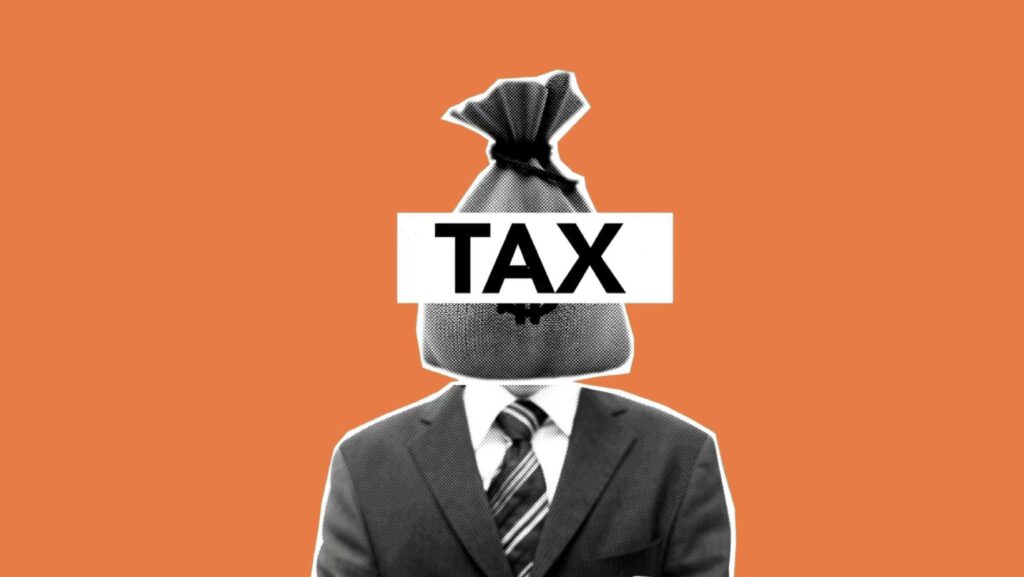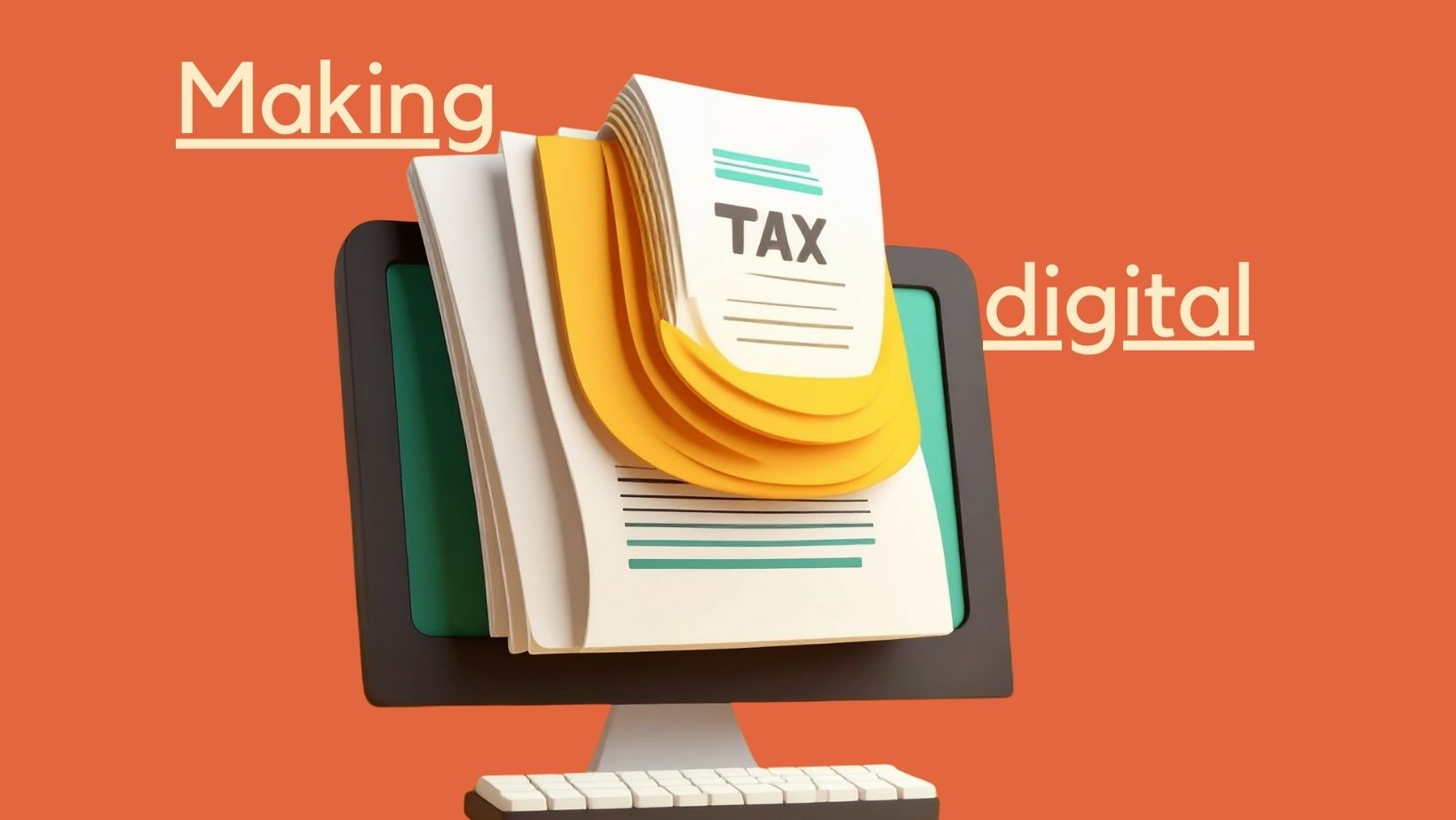As a limited company director, you’ll need to keep on top of your bookkeeping and personal tax obligations for legal compliance and your own financial health.
We are now into the fifth month of the financial year, which runs from April 6, 2024 to April 5, 2025. Do you know where you stand in terms of your personal tax liability for the 2024/2025 personal tax year? If not, now is a good time to have the year-to-date liability calculated and a forecast drafted by your accountant.
What is a personal tax return (also known as a self-assessment)?
Personal tax is the amount you owe to the government based on your income. For limited company directors, this typically includes salary and dividends withdrawn from the business. The company itself pays corporation tax on its profits, and any distributions to directors in the form of dividends are subject to personal tax.
Between April 6, 2024 and April 5, 2025, you need to include all of your personal income in your personal tax return, whether this is taxed at source or not. You can find out on the Gov website if you need to complete a personal tax return.
Information to gather for the coming deadlines
To accurately assess your personal tax liability, gather the following information:
- Salary details
- Dividend statements
- Bank interest received
- Any other income sources
- Details of any allowable deductions and credits
Staying on top of deadlines is crucial to avoid penalties:
- October 5, 2024: Register for self-assessment if you haven’t previously filed a return
- October 31, 2024: Paper tax returns deadline
- January 31, 2025: Online tax returns deadline and payment of any tax due
And don’t get caught out by payments on account.
Payments on account are advance payments towards your next year’s tax bill. These payments can catch many by surprise. Properly forecasting your tax liability and setting aside funds can help you manage these advance payments without financial difficulty.
They are due on:
- January 31, 2025: First payment on account
- July 31, 2025: Second payment on account

Why limited company directors should keep track of tax liabilities
Financial planning
Knowing your tax liabilities helps in precise financial planning. It allows you to allocate funds appropriately and avoid any financial surprises at the end of the fiscal year.
Avoiding penalties
Failure to accurately track and pay taxes on time can result in hefty penalties and interest charges. Staying updated with your tax liabilities ensures compliance and avoids these extra costs.
Cash flow management
Anticipating tax payments helps in effective cash flow management. By setting aside money regularly, you can ensure you have enough funds to cover your tax obligations when they are due.
Why save in advance for your personal tax
Saving in advance for your personal tax liabilities is necessary for effective cash flow management. By setting aside money regularly, you ensure you have enough funds to cover your tax obligations when they are due, avoiding financial strain and ensuring smooth business operations.
Key components of personal tax calculation
Income assessment
To calculate your personal tax, start by assessing all your income sources, including salary and dividends. Distinguish between gross income (total earnings) and net income (earnings after expenses).
Allowable deductions and credits
Identify deductions and credits available to you. Common deductions for limited company directors would be pension contributions made personally. If you own a property that you rent out, there will be tax deductible expenses that you can claim to reduce your tax payable.
How we can forecast your tax liability together
Forecasting your tax liability involves anticipating your income for the year, including salary and dividends. Here’s how we can support you:
- Meeting with the client: We determine if you have any significant personal expense plans coming up
- Contract duration: We review how long your current contracts are to aid in forecasting the dividends for the year
- Tax calculation: We then calculate the tax on the anticipated income and dividends.
In conclusion
Personal tax planning secures your financial health and gives you peace of mind, allowing you to focus on growing your business. Managing personal tax as a limited company director in 2024/25 can be complex, but it’s an essential part of running a successful business.
Regularly reviewing your financial situation and consulting with a tax professional can provide insights and ensure you remain compliant with tax laws.
Stay informed about your tax obligations, keep meticulous records, and take advantage of allowable deductions and credits. This helps to minimise your tax liability and avoid costly penalties.
If you are affected by any of the topics included in this article and need assistance, call our expert team on 01296 468185 or email [email protected].





